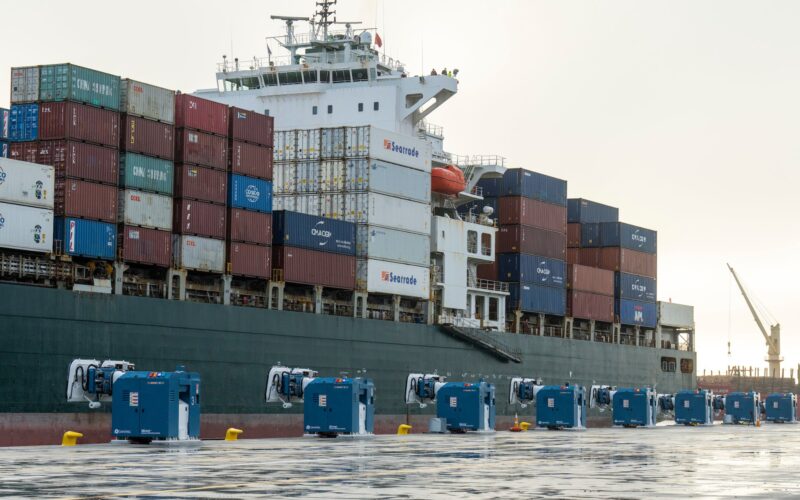Scheduled rail freight services to Napier resume on September 18, after a seven-month halt since the line was badly damaged by Cyclone Gabrielle.
KiwiRail chief executive Peter Reidy said the line’s reopening – allowing rail freight to get to Napier Port – is an important step in the region’s recovery.
“Napier Port is a key part of central New Zealand’s economy, and to once again get our customers’ freight to and from the port efficiently, and using low-emissions rail, is an important step toward reinstating the Hawke’s Bay supply chain and ensuring the region’s economic success.”
The port’s chief executive Todd Dawson said it is positive for Hawke’s Bay, but also for cargo owners throughout the North Island who rely on the port and the many international shipping services that call into the wharf.
“As one of NZ’s key international gateways with good capacity across our wharves, Napier Port is a vital link in the NZ supply chain.
“Reinstating the rail line to connect directly through to our container terminal and bulk cargo yards means increased efficiency and service to customers needing to move cargo in and out of the North Island, as well as adding resilience and more value to the NZ Inc supply chain,” he said.
Chilled and frozen meat, wood products such as logs, pulp and timber, food products and imported machinery and consumables used in manufacturing are usually carried by rail.
Following the cyclone in February, KiwiRail reopened the Palmerston North-Gisborne line to Hastings at the start of April.
Temporary container terminal sites were also set up in partnership with the port, transport operators and cargo customers, so freight could be sent by rail to Hastings, then trucked to Napier.
The section of line between Hastings and Napier, particularly around Awatoto, was badly damaged in the cyclone, with track and embankments washed away and major damage to bridge 217, which lost piers and spans in the floods.
The work included rebuilding 2m-high embankments, replacing 800 sleepers and 140m of rail, laying 3000 cubic metres of formation and 3500 tonnes of ballast.
KiwiRail also railed steel casings to Hastings from Christchurch for replacement bridge piers on bridge 217 – which had been driven 30m into the riverbed.










